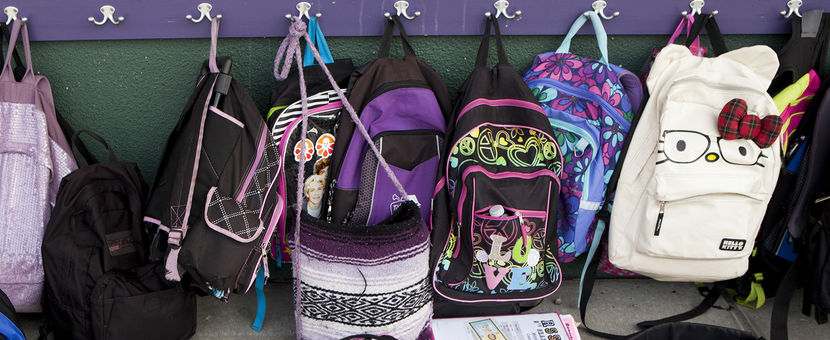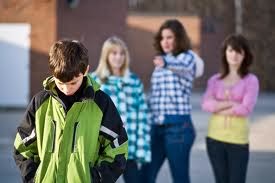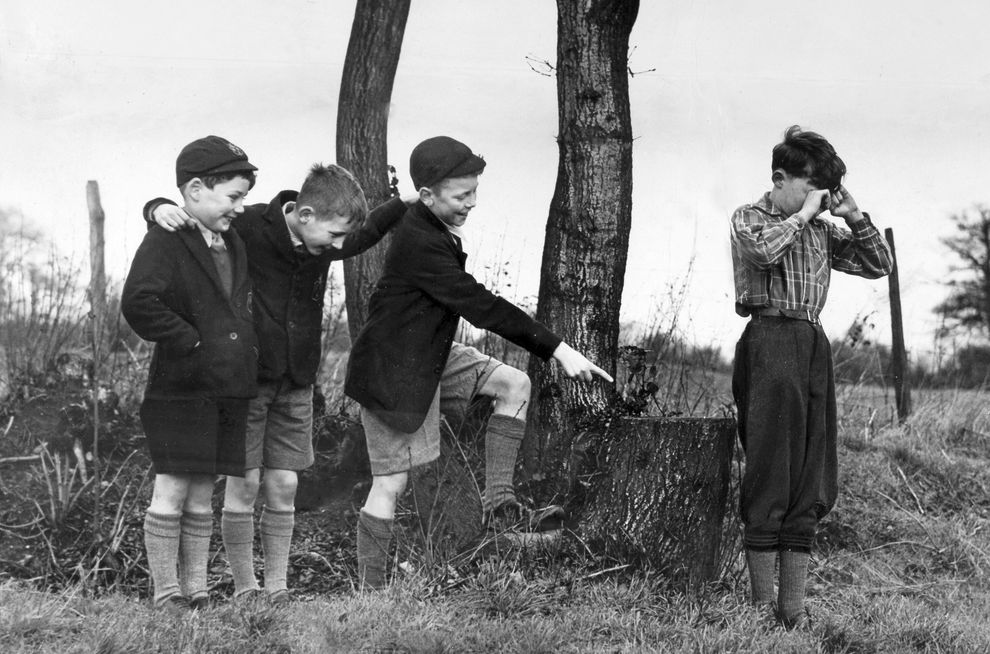California City Rejects Anti-Bullying Ordinance
Posted on May 27, 2014

“In a surprise, the City Council of Carson, California, rejected an ordinance aimed at making the Los Angeles suburb the nation’s first zero-tolerance place for bullies. The measure would have been the nation’s toughest piece of anti-bullying legislation, but was defeated Tuesday night after sailing through a reading and vote by the full Council earlier this month. The second and final step was viewed to be a formality, after the measure received strong support from Councilmembers in a May 6 preliminary vote.”
I have to admit, when I first saw this piece I felt disappointment; how could something designed to keep young people physically and emotionally safe be rejected?
But, then I read the article and the natural complexity of the situation started to emerge: “Opponents took issue with what they said was vague language and the overly-broad definition of bullying…’The biggest issue you deal with is always ‘he said, she said…’”
Of course, this issue also brings to the forefront the difficulty and possible ineffectiveness of trying to solve a problem with punishment rather than rehabilitation or reeducation; it’s akin to ‘treating’ the symptom rather than the cause.
To read the full story, visit MSNBC.
And visit our website to learn more about Adventure In Adventure Out’s growing anti-bullying program You Belong, a bold and transformative program that engages students and teachers in the creation of a physically and emotionally safe environment where courageous action is encouraged, and the true expression of each person is welcomed and celebrated.
Bullying: Are we becoming desensitized?
Posted on May 13, 2014

What constitutes bullying?
It’s a valid question for all who are in some way responsible for the well-being of children. And, while it’s a certainty that bullying is an issue, is it possible that the natural conflict that can invariably arise between children is sometimes misdiagnosed?
This article explores these questions and asserts that the most effective tools for knowing the difference are asking questions and listening to the answers we receive.
Sometimes the most effective tools are the simplest.
For Daniela Fierro’s full article visit KGNS. Tv.
And visit our website to learn more about our anti-bullying program, You Belong.
Bullying’s Long-Term Effects Seen in Both the Bullied and the Bully
Posted on May 13, 2014

“The effects of bullying in childhood can last a lifetime, both for the child who’s bullied and for his or her tormenter.
But according to a Duke University study published today in the Proceedings of the National Academy of Sciences, while young adults show long-term ill effects of having been bullied in childhood, those who did the bullying might actually be healthier than their peers…”
We’re all familiar with the deleterious effects of bullying on the bullied, but researchers have published some intriguing data regarding how it also effects bullies.
To read more, visit the National Geographic Daily News.
And visit our website to learn more about our anti-bullying program, You Belong.
Category: Meaningful Media Tags: adventure in adventure out, anti-bullying, bullying prevention, You Belong
When Bullying Turns Tragic
Posted on March 25, 2014

A recent article in the LA Times citing the journal JAMA Pediatrics addresses the hard and intuitive truth that bullied children are more likely to consider and attempt suicide.
And, in tragic confirmation of this fact, we now have the story of Michael Morones. Bullied so severely, Michael attempted to end his life by hanging himself, but being unsuccessful he is now “being treated for potentially lifelong neurological injuries caused by a lack of oxygen. [His mother] said they don’t know how much he will recover or when, if ever.”
“The world has developed stereotypes for our children, and when our children don’t fit these gender and sexist stereotypes they’re ostracized, ridiculed and bullied…Our society is no longer building up our children and setting them up for success, only tearing them down.”
The full story can be found here.
And, if you’re as passionate as we are about working to address bullying, or if you’d like to speak with us about setting up an anti-bullying workshop, check out Adventure In, Adventure Out’s program You Belong.
Peeking Into the Life of a Middle Schooler Through Poetry
Posted on January 13, 2014
This video has been circulating on the web for a little while now, but it is so very relevant to the experience we are creating with our “You Belong” program. It is the many feelings, struggles, hopes and doubts that can feel so isolating when exploring one’s identity. Yet, these very ingredients also create the recipe for belonging. The reason they can make us feel so alone is because we assume that no one else could ever feel this way. I must be the only one. And, so we try to keep them hidden, buried just below the surface of what we allow to be seen.
The problem is, if everyone does this, then we end up operating in a world where it seems like those fears, hopes and feelings don’t exist except within ourselves. This is the power and inspiration of vulnerability and compassion. Together, they help us construct a window where people can see into the real us. It is is there that we can realize we are not alone, we are not the only ones – that we can belong! So, how do we live lives where we can create that window? By doing exactly what Shane is doing here – stepping out with courage and sharing what is real!
Category: Meaningful Media Tags: anti-bullying, compassion, courage, Everyday Heroism, high school, middle school, public school, You Belong
“Bullying” Has Little Resonance With Teenagers
Posted on December 17, 2013

Below is a great article on the potential misses in the conversation between teens and adults around bullying, compassion and empathy! It is so important when we are working with our youth that we meet them at a place that they identify with. There is no meaning, interest or investment when we are not able to see ourselves in what is being presented. This is the key to compassion and empathy, the very things we hope to teach our youth when we confront bullying behaviors. Let’s be sure to practice the same empathy in our conversations with teenagers and see into their true experiences, rather than our own interpretation.
Category: Meaningful Media Tags: anti-bullying, bullying, compassion, empathy, teenagers, You Belong
 Adventure In Adventure Out
Adventure In Adventure Out